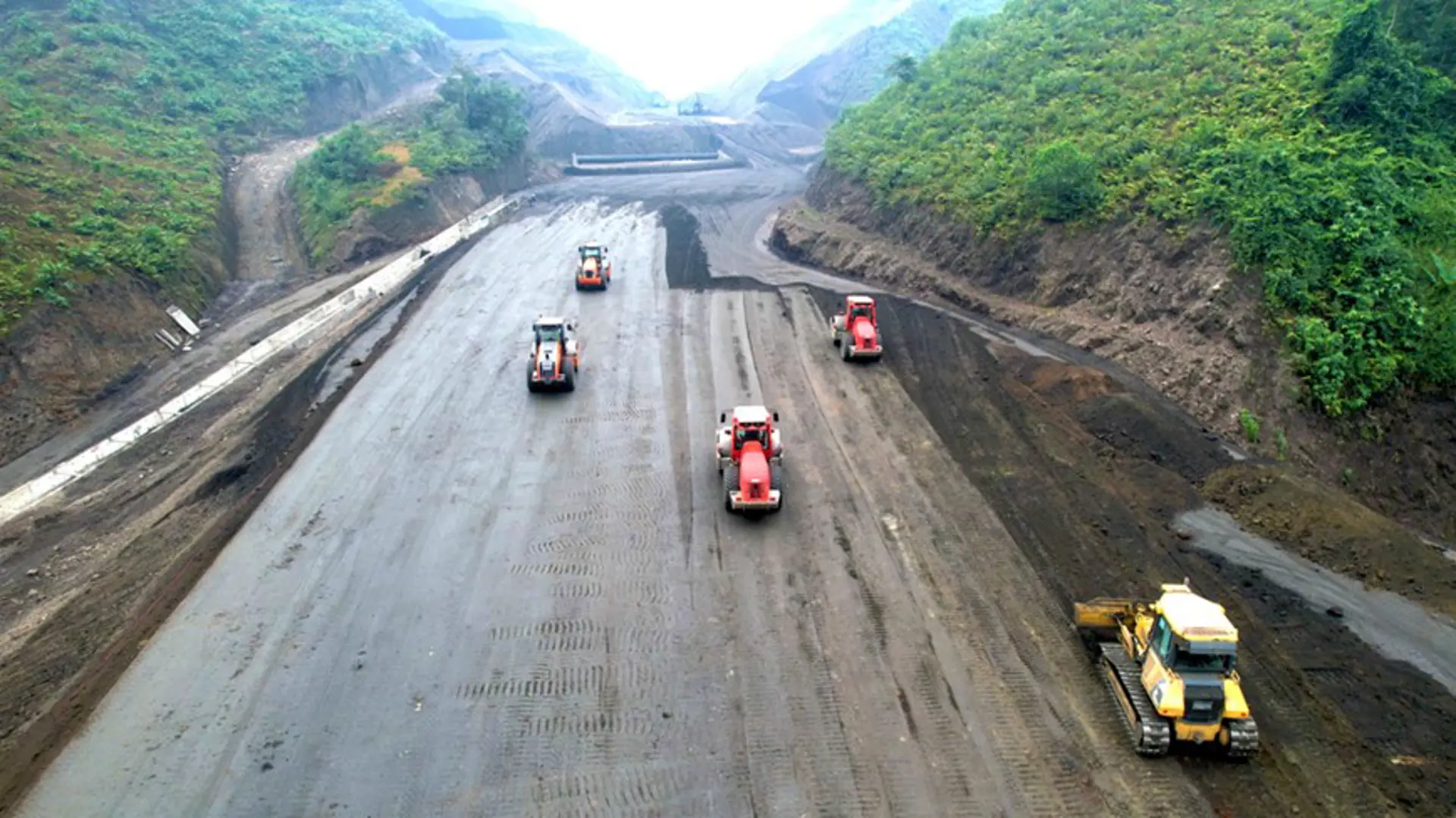Science-led solutions needed for Lower Mekong region: Experts
Voices, opinions, and experiences from the local community and experts should be taken seriously for any policy making process.
It needs science-led solutions to fully protect the future of water and life in the Lower Mekong region, domestic and international experts have said in addressing challenges for the delta in the long run.
| The inclusion of local knowledge and climate experience in climate change adaptation responds to the Paris Agreement, as it promotes informed decision-making and connection between climate policy and local needs. Photo: MEF |
Voices, opinions, and experiences from the local community and experts should be taken seriously and harmoniously combined with world scientific knowledge to form the basis for developing adaptive policies.
Therefore, combining local experience and scientific advancements will make it effective for all adaptation options, according to an international online symposium on “Impacts of Mekong Hydropower Dams and Climate Change in the Lower Mekong Delta” held on April 27 by the Mekong Environment Forum (MEF) that is founded by Nguyen Minh Quang, a Can Tho University geopolitics scholar-practitioner and American senior writer/researcher James Borton.
At the virtual forum with more than 50 participants from Australia, France, Thailand, Vietnam, the US, the Netherlands, and the UK, the discussion reinforced that Vietnam is most exposed to climate change due to its downstream and coastal positioning.
Vietnamese and international experts of academics and research scientists understand that the pulse of life matters in the delta since it is the nation’s food basket. Further, the fertile delta is at a crossroads since food security needs are rising as the delta sinks each and every year.
Co-founders of MEF: Nguyen Minh Quang, Can Tho University geopolitics scholar-practitioner, and American senior writer/researcher James Borton. Photo: MEF |
“The Mekong Delta, faces dire water challenges since the food security and livelihoods for more than 60 million people, related to rice and shrimp farming are threatened by rising sea levels, droughts, hydropower development, industrialization, and storm surge potential,” said James Borton, co-founder of MEF, a non-profit forum dedicated to solutions deemed necessary for the progress and climate-smart evolution of the Lower Mekong peoples and ecosystems.
Experts like Brian Eyler from the Stimson Center in Washington DC, and Professor John Furlow, deputy director of Columbia University’s International Institute for Climate and Society, also acknowledged that climate change and upstream dams are contributing to the Mekong Delta’s coastal collapse.
Panelists like Dr. Pham Xuan Phu from An Giang University and Ms. Ashley Hollenbeck reinforced the need for community-based adaptation, emphasizing that: (1) The traditional top-down model for mitigating climate change no longer works; (2) Climate adaptation has received greater political and academic attention; and (3) Enhanced education and outreach are needed at the commune level with clear tasks and responsibilities plus investment on building capacity.
The MEF discourse on climate change and hydropower development also highlighted the value of sharing scientific information if the Mekong Delta is to find a way forward. Furthermore, independent consultant, Pham Manh Tuan, and Ms. Nguy Thi Khanh, director of GreenID, emphasized the need for local governments to ensure grass roots participation in decision-making about policy development in the region.
In addition, Dr. Philip Minderhoud, an expert on subsidence in the Mekong, also reflected on the need for community-led responses and for the government to steer policies in a sustainable direction, saying “The keys to solutions are to highlight and focus on the combination of smart, local solutions focused on decreasing environmental overexploitation in groundwater, elevation and sediment.”
The forum concluded that a combination of small-scale solutions can add up to more sustainable transformation overall, and successfully highlighted that international scientific cooperation offers the Mekong Delta region adaptive capabilities to lessen the hardships of droughts and floods on farmers and fishers.

Vietnam to allocate nearly US$2 billion for Mekong Delta development
The Mekong Delta region is facing bottlenecks in development, especially in transportation, while there have been greater risks in climate change that require immediate measures.

World Bank suggests reducing rice-growing areas in Mekong Delta
Most Vietnamese agricultural products are sold in raw form and regularly placed in the low or medium quality segment in the international market.

Vietnam put forth initiatives to foster Mekong-Ganga River cooperation
After discussing measures of cooperation, the ministers agreed to adopt the MGC action plan for the 2019 – 2022 period.
























